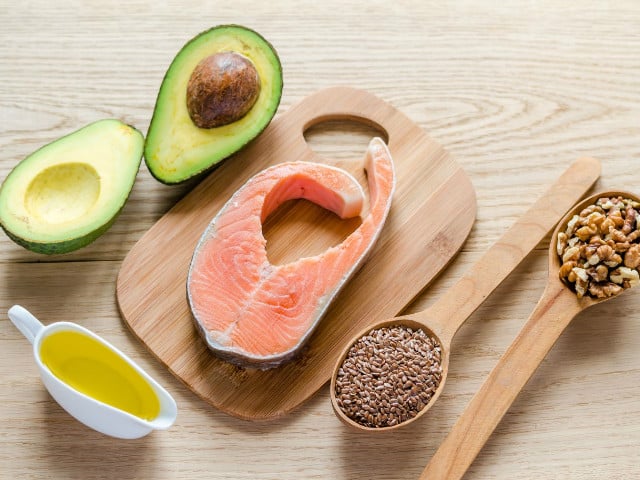In today’s fast-paced world, health-conscious individuals are increasingly turning to natural remedies and lifestyle changes to combat the growing concern of inflammation. One such remedy that has garnered significant attention is omega-3 fatty acids. These essential nutrients, commonly found in certain foods, have been linked to numerous health benefits, including their potential to reduce inflammation in the body.
Exploring the Link between Omega-3 and Inflammation
Inflammation is the body’s natural response to injury or infection, characterized by redness, swelling, pain, and heat. While acute inflammation is a necessary part of the healing process, chronic inflammation can lead to various health issues, including heart disease, diabetes, and arthritis.
Omega-3 fatty acids, namely EPA (eicosapentaenoic acid) and DHA (docosahexaenoic acid), are renowned for their anti-inflammatory properties. These essential fats play a crucial role in regulating the body’s inflammatory pathways, thereby mitigating the risk of chronic inflammation-related diseases.
Mechanisms of Action
Omega-3 fatty acids exert their anti-inflammatory effects through several mechanisms:
- Inhibition of Inflammatory Mediators: EPA and DHA compete with omega-6 fatty acids, found abundantly in processed foods, to produce less inflammatory eicosanoids. By shifting the balance towards anti-inflammatory mediators, omega-3s help dampen the inflammatory response.
- Modulation of Immune Cells: Omega-3s influence the function of immune cells, such as macrophages and T cells, reducing their production of pro-inflammatory cytokines and promoting the resolution of inflammation.
- Gene Expression Regulation: These fatty acids can alter gene expression, particularly of genes involved in inflammation, further contributing to their anti-inflammatory effects.

Sources of Omega-3 Fatty Acids
While omega-3 are available, obtaining these essential fats through whole foods is often preferred for their synergistic benefits. Some of the richest sources of omega-3 fatty acids include:
- Fatty Fish: Salmon, mackerel, sardines, and trout are excellent sources of EPA and DHA.
- Flaxseeds and Chia Seeds: These plant-based sources provide alpha-linolenic acid (ALA), a precursor to EPA and DHA.
- Walnuts: Incorporating walnuts into your diet can boost omega-3 intake.
- Seaweed and Algae: Ideal options for vegetarians and vegans, certain types of seaweed and algae contain DHA.
Incorporating Omega-3s into Your Diet
To reap the anti-inflammatory benefits of omega-3 fatty acids, consider incorporating the following foods into your daily meals:
- Fatty Fish: Aim for at least two servings of the best fish oil
per week. - Nuts and Seeds: Sprinkle flaxseeds, chia seeds, or walnuts onto salads, yogurt, or smoothies.
- Plant Oils: Replace unhealthy fats with oils rich in omega-3s, such as flaxseed oil or walnut oil.
Conclusion
In conclusion, the relationship between omega-3 fatty acids and inflammation is a fascinating area of research with promising implications for human health. By incorporating omega-3-rich foods into your diet, you can potentially reduce inflammation and lower your risk of chronic diseases. However, it’s essential to remember that omega-3s work best as part of a balanced diet and healthy lifestyle.
